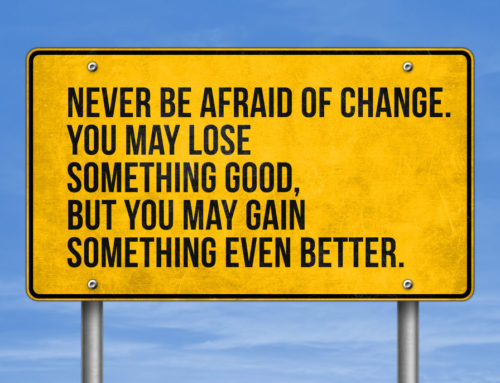 Have you ever noticed that when you are at War with someone it can be very loud in your head?
Have you ever noticed that when you are at War with someone it can be very loud in your head?
This din doesn’t come (only) from the noise of shouting or arguing – it’s mostly our own inner voice on overdrive, making assumptions, jumping to conclusions and readying our next verbal attack. In fact, when we are at War, our heads are often noisiest when the other person isn’t even there – when we are travelling home or lying in bed for instance and our thoughts turn to the events of the day, rerunning every interaction we have had with the person that really pushes our buttons.
On a recent War to Peace workshop, Paula was describing her relationship with her brother Chris to the rest of the group. It was clear to see that she was upset – as she spoke about him, her breathing became rapid and shallow, her face reddened and she barely paused for breath as she ranted about her brother’s behaviour.
“He just doesn’t understand how much I do for our mother,” Paula exclaimed, “I have to do everything for her – cooking, cleaning, shopping, making sure she’s taken her medicine… All this on top of a high profile full-time job and looking after the kids. He can barely be bothered to phone her once a week! I just don’t feel I can take it anymore!”
In an exercise later on, Paula had an epiphany. By taking a mental step back from her situation with Chris, she was able to see that her emotional state around him was not helping the situation at all. Her body posture was hunched and ready for battle, she was focusing on all the wrongs she’d mentally stacked up before he even said anything, and she had spent the time she wasn’t with him complaining and moaning about him to the rest of her family. Whilst she still had a grievance about her brother’s behaviour, she had been making it impossible for him to even communicate with her. As she discovered how to quickly achieve a more resourceful emotional state, she realised that she had never properly talked to her brother about her mother’s situation. Her head had been so loud with her own inner talk, she hadn’t been able to listen to what Chris had to say. She left the workshop with tools to turn down the volume on her emotional state in a stressful situation, and a commitment to talking with Chris.
Reporting back to her buddy a fortnight later, Paula had some encouraging news:
“I met with Chris for a cup of tea. We chose a café nearby, rather than trying to talk in hushed tones at our mother’s. I’d forgotten how much I enjoy his company outside of this situation with mum actually. I explained to him how I was feeling overwhelmed with the amount of work involved in caring for her, and that I was frustrated he didn’t seem to be pulling his weight. Then I just listened, as I had resolved to at the workshop. I was surprised to hear about how guilty he was feeling, that he hadn’t really known what to do and had felt helpless and scared about mum’s deterioration and unable to approach me about it because I had been so prickly. He told me about some of the things that were going on in his life at the moment which had affected his ability to be present for mum, and I realised he really wasn’t being as arrogant and lazy as I had assumed. We’re now working on a solution that’s sustainable for us both and looking at getting mum some external care. I’m trying to remember to keep listening and I notice when I’m starting to go into the War zone. It’s not perfect, but we’re working on it. What I have noticed most though, is how much less stressed I am. Not because I’m doing less for mum, because I’m not, but because I’m not constantly turning resentment towards Chris around and around in my head.”
When our heads are full of high-volume emotional noise, it can be hard to hear what is really going on, and even harder to still ourselves enough to listen properly. Learning how to change our emotional state not only gives us control of the volume knob, but also opens the channels for communication with the people we might have previously found too difficult.
Over to you
- What’s the volume like in your head right now?
- How could you turn the volume down when you’re in a stressful situation?
- What might you not be hearing as a result of a too-loud inner voice?
Do you know someone who could benefit from War to Peace?
If you, or someone you know, would like to experience how to turn down the emotional volume and learning how to be at Peace, even with the people you find most difficult, our next open-access War to Peace workshop is on 16 October. We only have 8 spaces left, and spaces sell out quickly (especially our reduced priced tickets) so if you would like to attend, do book yours today.
P.S. Pass it on!
Found this useful? Then please share this article using the icons below and do leave us a comment.
Want to turn down the volume in your head? Here’s how.
Please leave your name and email address at the top or bottom of this page to receive more articles like this.
©Halcyon Global 2015






Leave A Comment